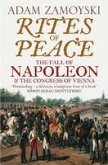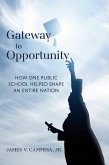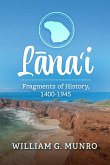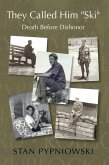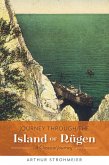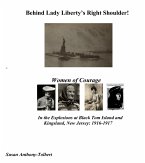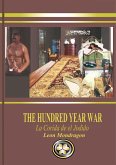Can a sack of flour become a tool of diplomacy? In 1947, Drew Pearson, the controversial, peace-loving, muckraking columnist thought it could. War and weather had left France without enough food to feed itself. The Nuclear Age had dawned, and a Cold War had begun. Europe lay in the balance as Secretary of State George C. Marshall noted, people would vote for anyone who gave them bread. America was already sending food, but unlike the Soviets, the U.S. was providing aid without publicity. Pearson decided to change that picture with a 'Friendship Train' filled not by the government, but by people in small towns and big cities. On November 8, 1947, twelve boxcars left Los Angeles. Ten days later, 700 boxcars filled with food from pantries and farms from coast to coast arrived in New York Harbor. In France, America's gift of friendship was met with much publicity and great fanfare. France's thank you, the 'Merci Train' loaded with gifts, arrived fourteen months later. This book is about a nearly forgotten moment in American history that is worth revisiting today as people strive to remember and to define the role of ordinary Americans in a complicated world.
Dieser Download kann aus rechtlichen Gründen nur mit Rechnungsadresse in A, B, BG, CY, CZ, D, DK, EW, E, FIN, F, GR, HR, H, IRL, I, LT, L, LR, M, NL, PL, P, R, S, SLO, SK ausgeliefert werden.



